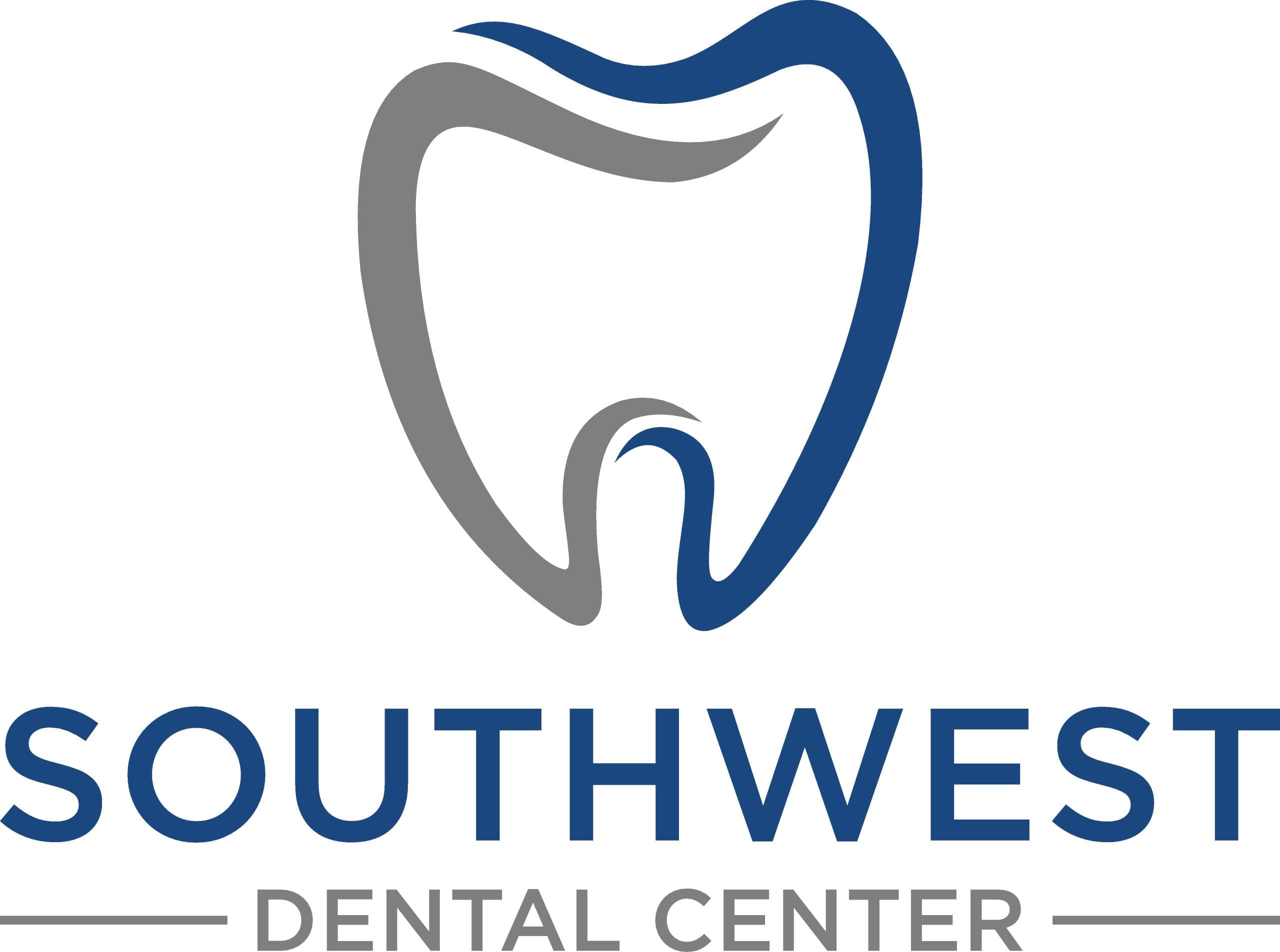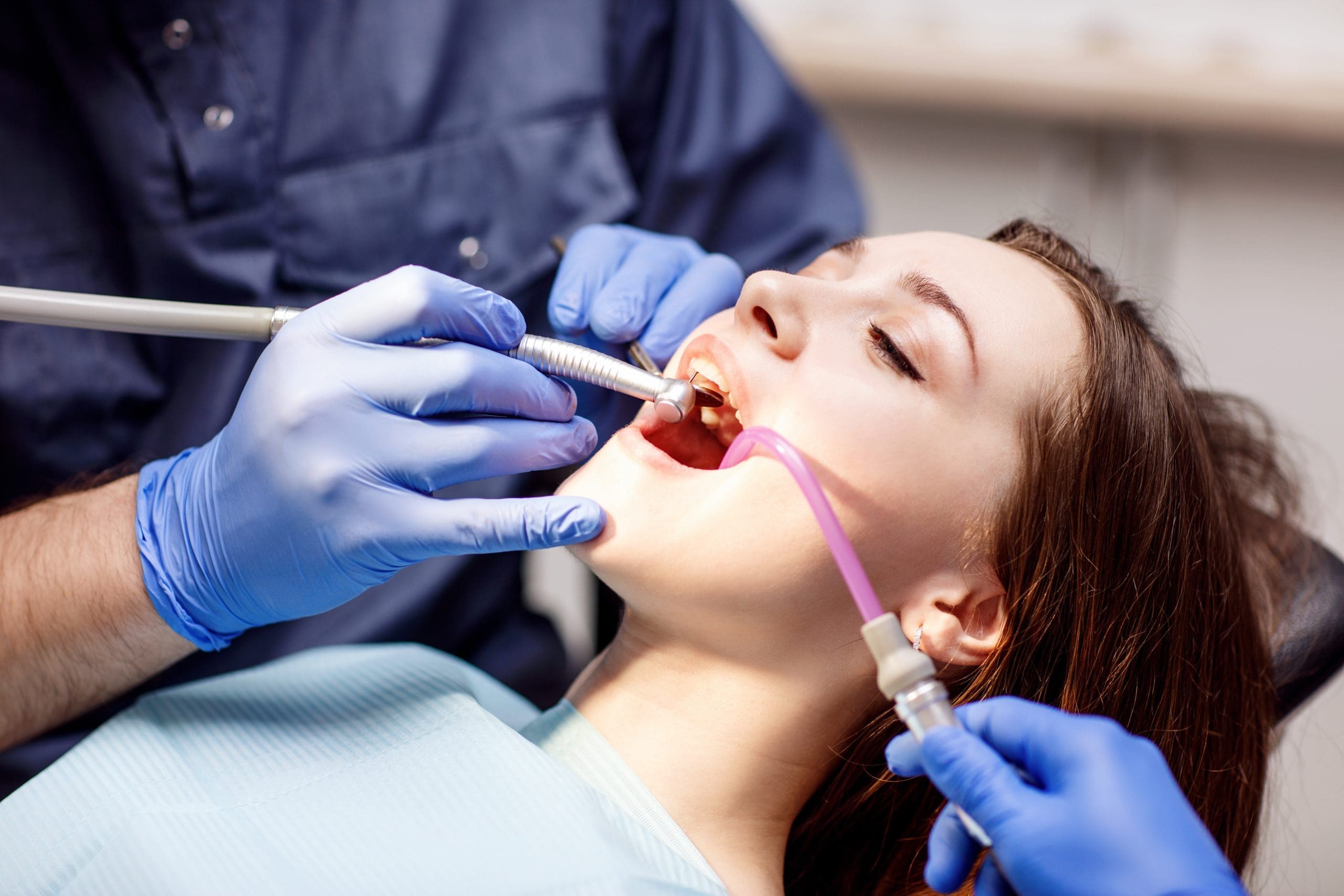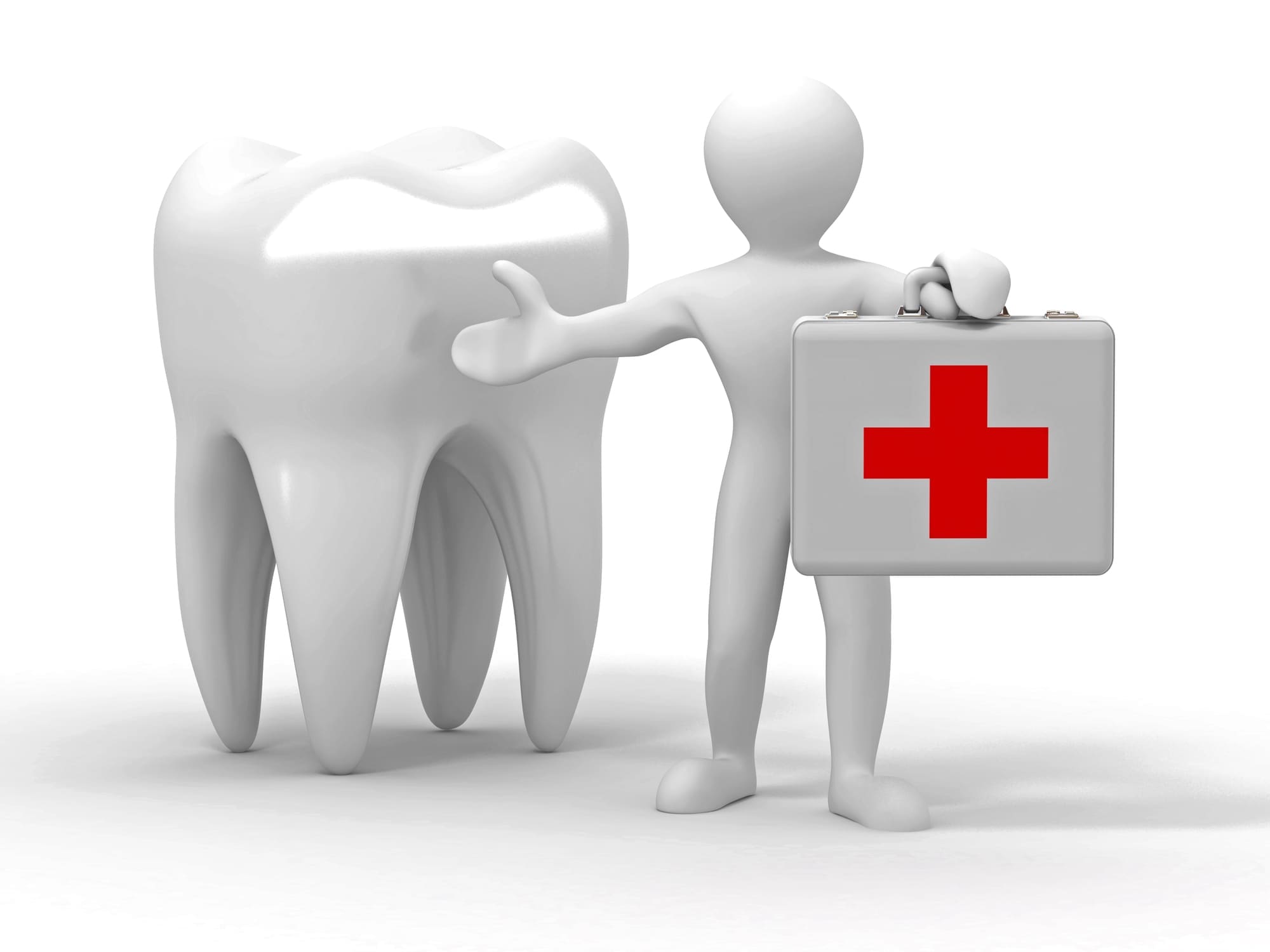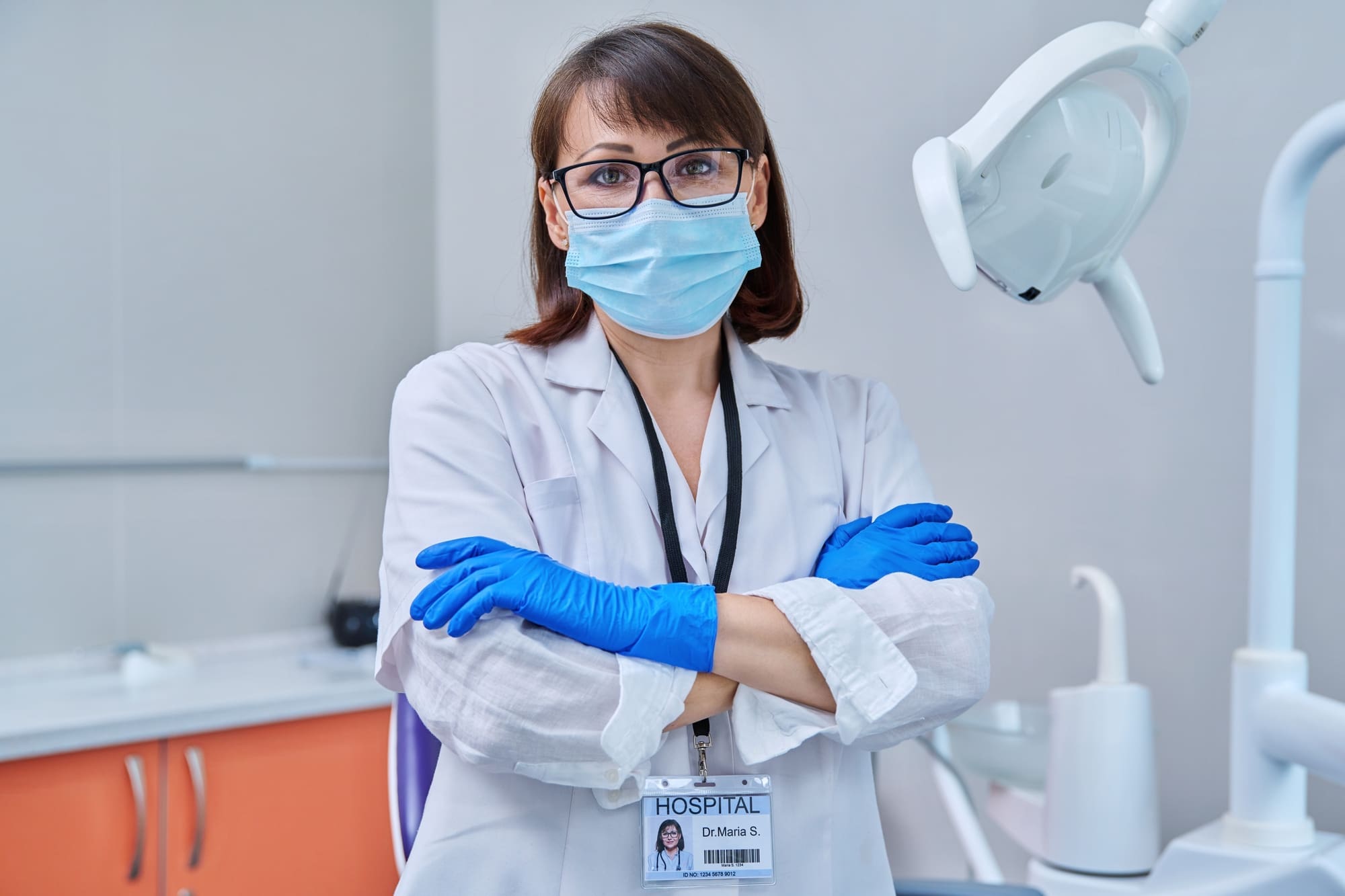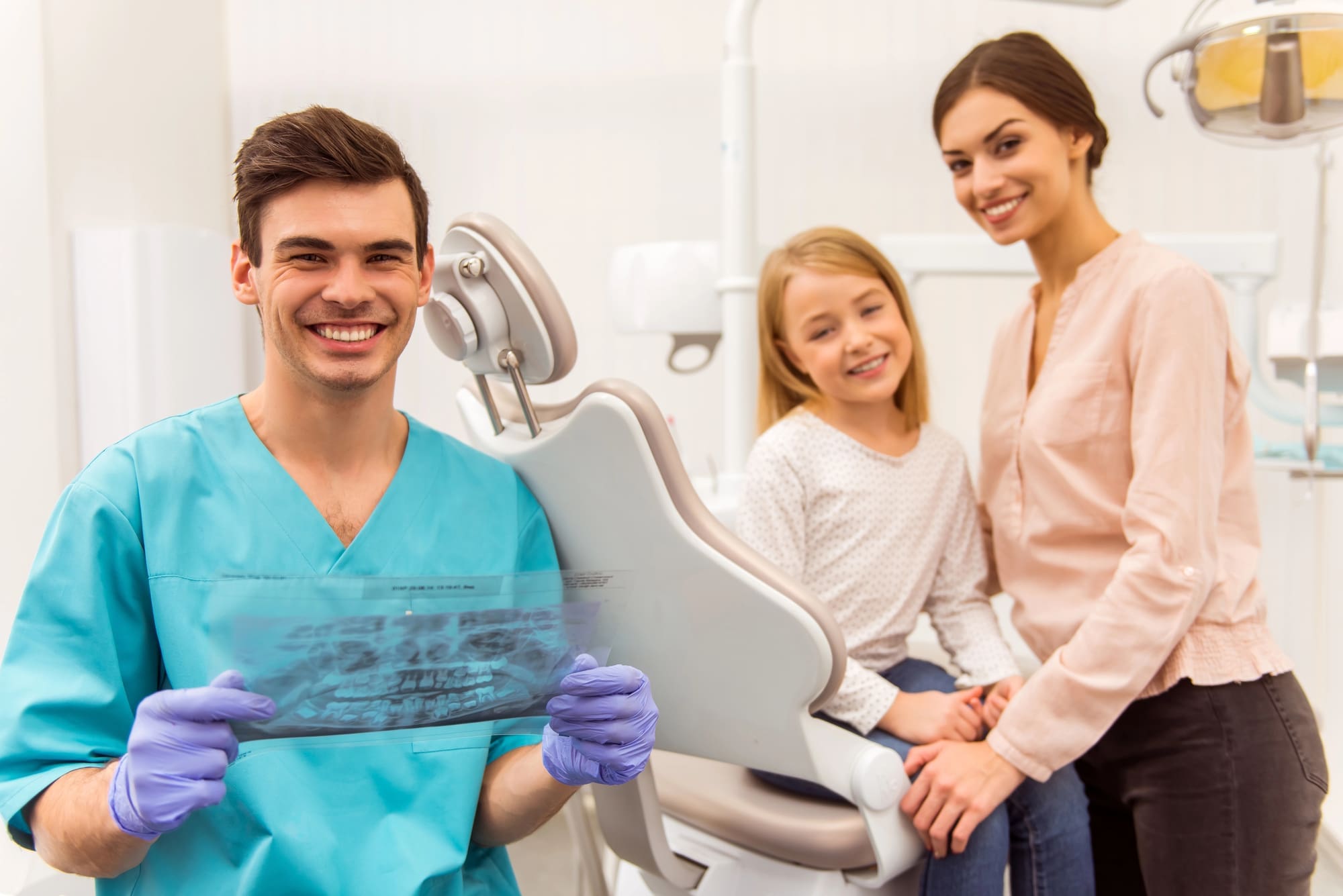Have you ever wondered about the benefits of dental cleaning for your oral health? Regular dental cleanings are essential as they help remove plaque and tartar buildup, which can lead to gum disease and tooth decay if left untreated. Additionally, these cleanings promote fresher breath and a brighter smile by addressing surface stains on your teeth.
Benefits of Dental Cleaning: Enhancing Natural Tooth Longevity
One of the primary benefits of dental cleaning is its role in enhancing the longevity of your natural teeth. Regular professional cleanings help to remove plaque and tartar that can build up even with diligent brushing and flossing at home. This not only helps to prevent cavities but also wards off periodontal diseases that can weaken the structures supporting your teeth. By keeping these harmful elements at bay, your teeth are able to maintain their strength and functionality over a longer period, contributing to overall oral health.
Maintaining the health of your natural teeth is crucial for a comfortable and functional bite. Regular dental cleanings play a significant role in this by preventing the progression of decay and gum disease, which are among the top causes of tooth loss in adults. For more detailed insights into maintaining oral health, consider reading about the Importance of Dental Exams for a Healthy Smile.
Benefits of Dental Cleaning
One of the primary benefits of dental cleaning is its role in preventing gum disease progression. Regular dental cleanings help remove plaque and tartar that can build up on teeth, which are the main culprits in causing gum disease. When plaque accumulates, it can inflame the gums, leading to gingivitis, the earliest stage of gum disease. If left untreated, this condition can advance to more severe stages, such as periodontitis, which can ultimately lead to tooth loss and other serious health issues.
Maintaining a routine of professional dental cleanings is crucial for keeping your gums and teeth healthy. These cleanings not only help in controlling the buildup of plaque but also assist in monitoring the health of your mouth, ensuring any signs of gum disease are identified and addressed early. For those seeking professional dental care, consider visiting Fort Wayne Dental Cleaning and Exams to explore more about the benefits of dental cleaning.
Brightening Your Smile Naturally
Regular dental cleanings play a crucial role in maintaining the natural aesthetics of your smile. Over time, factors like diet, age, and certain habits can dull the natural whiteness of your teeth. Dental cleanings help in removing built-up plaque and tartar that contribute to staining and discoloration. This process not only enhances oral health but also restores the natural brightness of your teeth, leading to a more vibrant and attractive smile.
Reducing Potential for Oral Infections
Regular dental cleanings are crucial in maintaining not only the aesthetics of your smile but also in reducing the potential for oral infections. These cleanings help to remove plaque and tartar buildup, which if left untreated, can harbor harmful bacteria that lead to infections such as gum disease. By keeping these harmful elements at bay, the benefits of dental cleaning extend beyond just a brighter smile, contributing significantly to overall oral health and hygiene. For those looking for professional dental care, Southwest Dental Center Family & Cosmetic Dentistry is a trusted Fort Wayne Dentist committed to maintaining your oral health.
Maintaining Fresh, Pleasant Breath
One of the significant benefits of dental cleaning is its role in maintaining fresh, pleasant breath. Regular professional cleanings remove the buildup of plaque and tartar that not only contribute to tooth decay and gum disease but are also among the primary causes of bad breath. By addressing these issues, dental cleanings help ensure that your mouth stays fresh and odor-free. This aspect of oral hygiene is crucial not only for social interactions but also for maintaining overall confidence and quality of life.
Supporting Overall Health Connections
Regular dental cleanings offer more than just a brighter smile; they are crucial for maintaining overall health. The benefits of dental cleaning extend beyond oral hygiene by reducing the risk of serious diseases. Studies have shown that bacteria from gum disease can enter the bloodstream, potentially affecting heart health by contributing to the buildup of arterial plaque. Furthermore, dental cleanings can help detect early signs of conditions like diabetes and kidney disease, making them a vital component of your healthcare routine. By prioritizing oral health, you’re not only ensuring a healthy mouth but also supporting systemic health and preventing broader medical issues.
Minimizing Tooth Loss Risks
One of the significant benefits of dental cleaning is its role in minimizing tooth loss risks. Regular dental cleanings remove plaque and tartar buildup, which are primary contributors to gum disease—a leading cause of tooth loss in adults. By maintaining a schedule of professional cleanings, you not only enhance your overall oral hygiene but also protect your gums from the inflammation and infections that can lead to tooth loss. This preventive measure is crucial for preserving your natural teeth and maintaining a healthy smile for years to come.
Detecting Early Signs of Issues
One of the key benefits of dental cleaning is its role in detecting early signs of issues such as gum disease, cavities, and even oral cancer. Regular dental check-ups and cleanings allow your dentist to examine your mouth thoroughly, using professional tools that can identify problems that might not be visible or noticeable to you. Early detection is crucial as it leads to easier and more effective treatments, potentially saving you from complicated health issues down the line. By ensuring that you schedule regular dental cleanings, you’re not just maintaining a bright smile, but also taking a proactive step towards safeguarding your overall oral health.
Boosting Self-Confidence and Appearance
One of the standout benefits of dental cleaning is its impact on boosting self-confidence and enhancing appearance. Regular dental cleanings remove plaque and tartar build-up, leading to whiter teeth and a brighter smile. This not only improves your oral health but also contributes significantly to a more attractive appearance, which can enhance your self-esteem. When you feel good about your smile, it shows in your interactions and can open doors in both personal and professional realms. Thus, the benefits of dental cleaning extend beyond just health; they also empower you to face the world with more confidence.
Conclusion
Understanding the benefits of dental cleaning is crucial for maintaining good oral health. To learn more, call us at 260-444-5728 or read our reviews on Google Maps.
